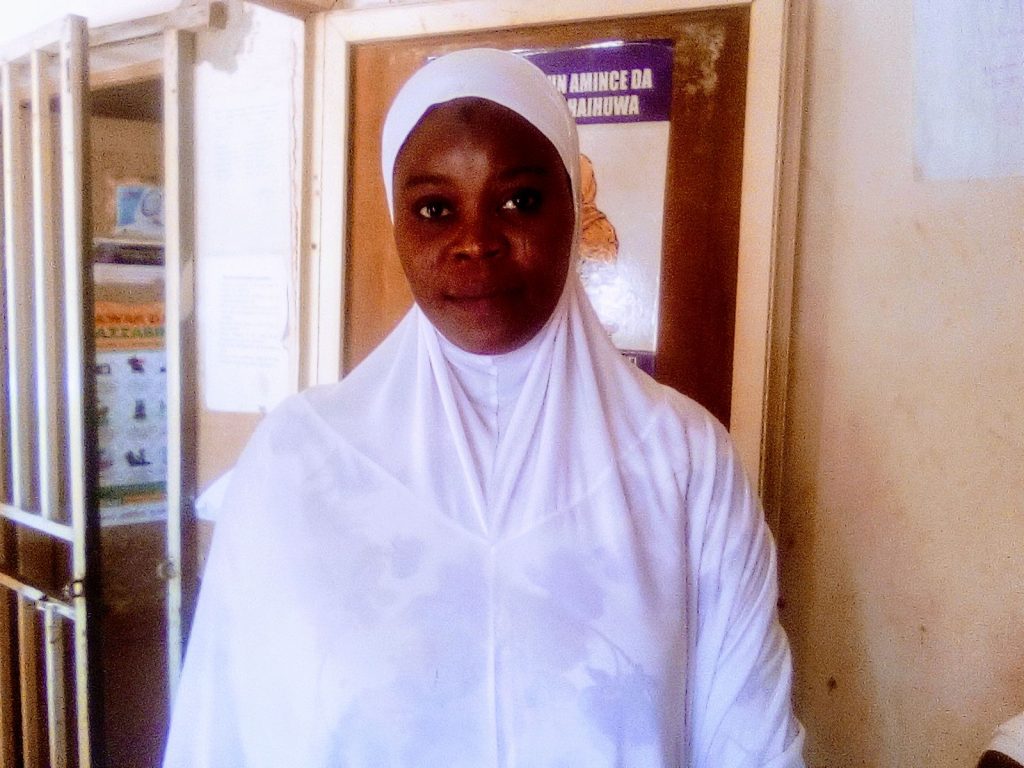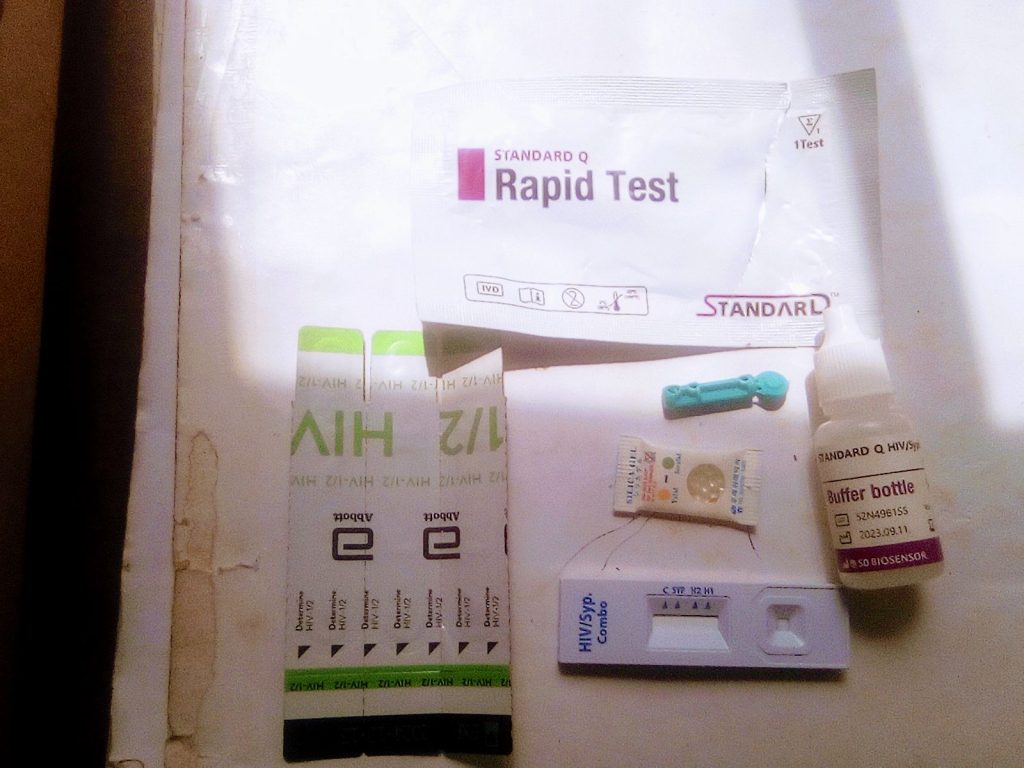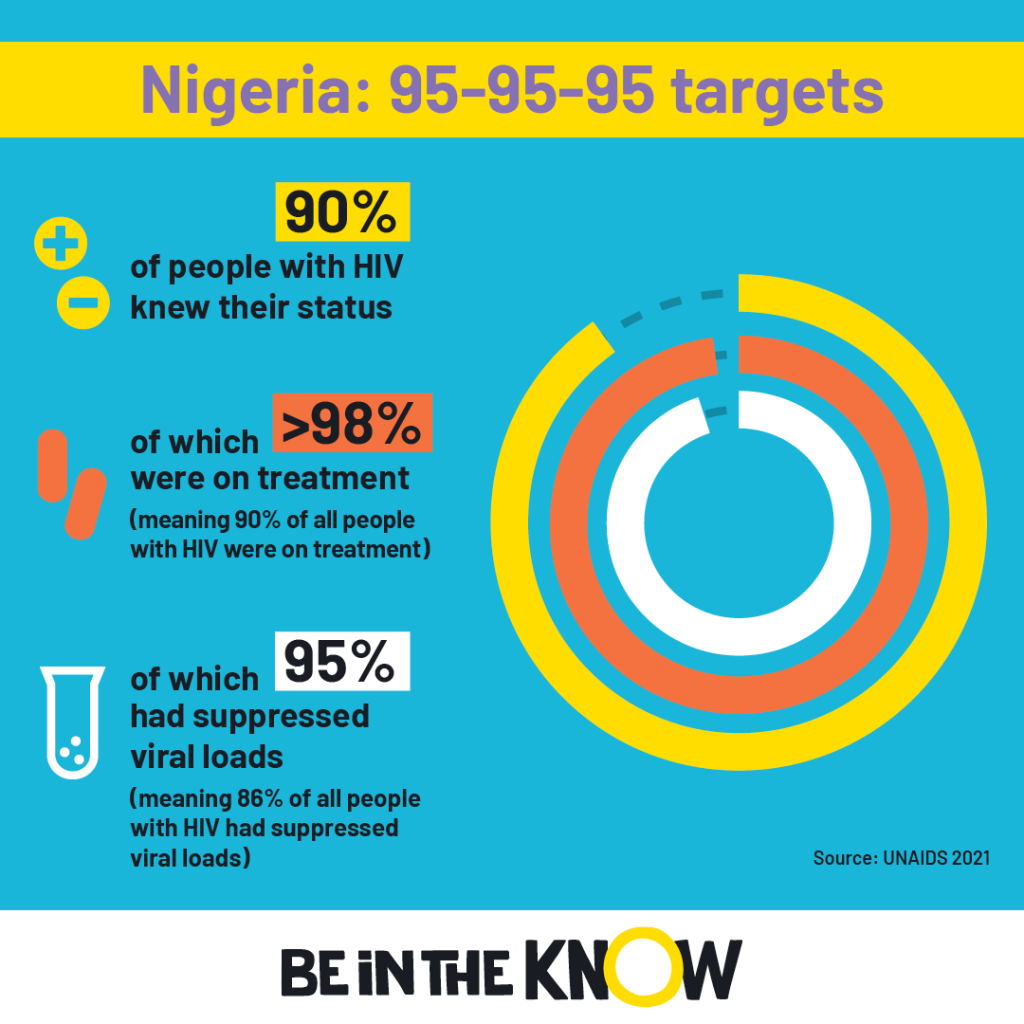Despite having a population of about two million adults and children living with HIV in Nigeria, a majority of the populace in Sokoto State believe that HIV and AIDS no longer exist. This belief has led many residents to avoid getting tested for the virus, despite the availability of free testing and medication at local hospitals.
Taking an opinion poll on the streets of Sokoto, ASHENEWS discovered that this belief by several of the residents that HIV no longer exist is due to low sensitization and awareness campaigns cautioning the people about contacting or preventing the virus.
Adeolu Essien who lives on Offa Road said she does not believe HIV still exists. According to her, she has not heard anyone around talking about it for a while. “I have not seen anyone losing hair or becoming skinny due to the virus. Do you mean HIV is still around and people still get it? i sincerely thought and the virus is gone.”
Obi Francis who lives near Dongo Daji House, said he has not seen anyone with the virus for more than six years. “I believe the virus is dead and am surprised that it still exists in some people,” he said.
The People Living With HIV Stigma Index (2021) found 20 per cent of people with HIV had experienced HIV-related stigma in the past 12 months, while a 2021 study suggests around 60 per cent of Nigerians hold discriminatory attitudes towards people with HIV.
This may be the reason why several people stop going for testing for HIV or accessing treatment if they need it.
The reality of HIV testing and treatment
Since 2019, Nigeria has been providing free HIV self-testing kits for population groups most at risk of HIV and the male partners of women with HIV. In 2020, it extended its self-testing programme to include adolescents and young people. Between 2020 and 2023, Unitaid estimated that 2.5 million self-testing kits would be supplied to Nigeria
Mrs. Fauziya Bala, the head of the laboratory at Gidan Dahala Primary Healthcare in Sokoto State, reported that the healthcare centre typically see about 10 patients daily who come in for HIV testing. “We get around 10 HIV patients daily, and they come for testing voluntarily; we don’t need to push them. We have specific methods to determine if a patient has HIV or not,” she said.

Mrs. Bala explained the testing process, which involves using materials like stabilizer lancets, determine rapid tests, buffer solution, alcohol swabs, cotton, and gloves. “To check for HIV, we first wear gloves, clean the patient’s thumb with alcohol, let it dry, then use the lancet to draw blood. We then use the rapid test to collect the blood, add buffer solution, and wait for 20 minutes. If the patient has HIV, two lines appear on the test; if not, only one line shows up.”

Dr. Umar Abdullahi, who oversees the laboratory at Medisuite Health Care Specialist Hospital, said they see two to three HIV-positive patients each week. “We don’t force them to take the test; they mostly come willingly. One patient told me she was sick, so I advised her to get tested for HIV. She was surprised and asked if HIV still exists.
“People think HIV does not exist anymore because the drugs make patients look healthy. But the virus is still in their bodies, and if they stop taking the drugs, the virus comes back, and symptoms reappear. We advise patients not to stop taking their medication to avoid symptoms,” he said.
Late diagnosis of HIV is a problem in Nigeria. Around one-third of people are only diagnosed when HIV has progressed to AIDS. So in 2019, Nigeria began offering specialised support for people who start antiretroviral treatment with a low CD4 count.
Misconceptions and ongoing challenges
Due to its large population Nigeria has the biggest HIV epidemic in West and Central Africa, despite having a relatively low HIV prevalence rate. But it is steadily reducing HIV infections, which have fallen by 39 per cent since 2010.

Mr. Uwais Bazza, head of the HIV/AIDS department at Murtala Muhammad Specialist Hospital, shared that they detect about three new cases of HIV daily. He highlighted a common misunderstanding: “Many people mistakenly believe HIV has disappeared, but it still affects people who may not realize they have it.”
Bazza explained that testing for HIV is free at the Specialist Hospital and any patient who is diagnosed will receive free treatment that is readily available at the hospital.
He explained the common ways through which people can contact the HIV virus. “HIV spreads through sex, sharing sharp objects, or accidents involving direct blood contact. Prevention methods include using condoms, a drug called PrEP that offers protection for 24 hours after taking it, and monitoring viral load.”
Dr. Bello Al-Umman of Al-Umma Hospital emphasized the importance of continuous medication for those living with HIV. “Taking HIV medicine reduces the amount of HIV in your body to a very low level, called viral suppression. When the virus is so low that it cannot be detected by standard lab tests, it is called an undetectable viral load,” he explained.
Al-Umman stressed the need to maintain an undetectable viral load which is crucial for staying healthy and preventing the transmission of HIV.
Preventing mother-to-child transmission
The Prevention of Mother-to-Child Transmission (PMTCT) treatment help women with HIV to safely give birth without passing the virus to their babies. Dr. Kabiru Abab from Wali Bako Specialist Hospital explained that mother-to-child transmission is the most common way young children contract the virus.
“An effective PMTCT program includes antenatal services, HIV testing during pregnancy, access to antiretroviral treatment, safe childbirth practices, appropriate infant feeding, and infant HIV testing”, he said
Abab reassured that “as long as your viral load remains undetectable, you can have a normal delivery. Taking HIV medicine reduces the risk of transmitting HIV to your baby through breastfeeding to less than 1%, but the risk is not zero.”
Dr. Bello Al-Umman recommended that taking HIV medicine and maintaining an undetectable viral load is the best way to stay healthy and prevent passing the virus from the mother to the baby. “If you have HIV and take your medicine as prescribed throughout pregnancy and childbirth, and give HIV medicine to your baby for two to six weeks after birth, the risk of transmitting HIV to your baby can be less than one per cent.”
HIV in Nigeria: statistics and trends
Data from UNAIDS shows that as at 2023, two million adults and children living with HIV with 1.9 million adults aged 15 and over living with HIV. A breakdown shows that there are more women living with HIV than men and children.

1.2 women aged 15 and over are living with HIV, 680,000 men aged 15 and over are living with HIV while 160,000 aged 0 -14 years are living with HIV.
The way forward
To stop the belief of people that HIV is no more, it is crucial to continue educating the community about HIV. Health officials need to urge the public to take advantage of free testing and medication services. Increasing awareness and promoting accurate information about HIV can help reduce the stigma and encourage more people to get tested and treated.


